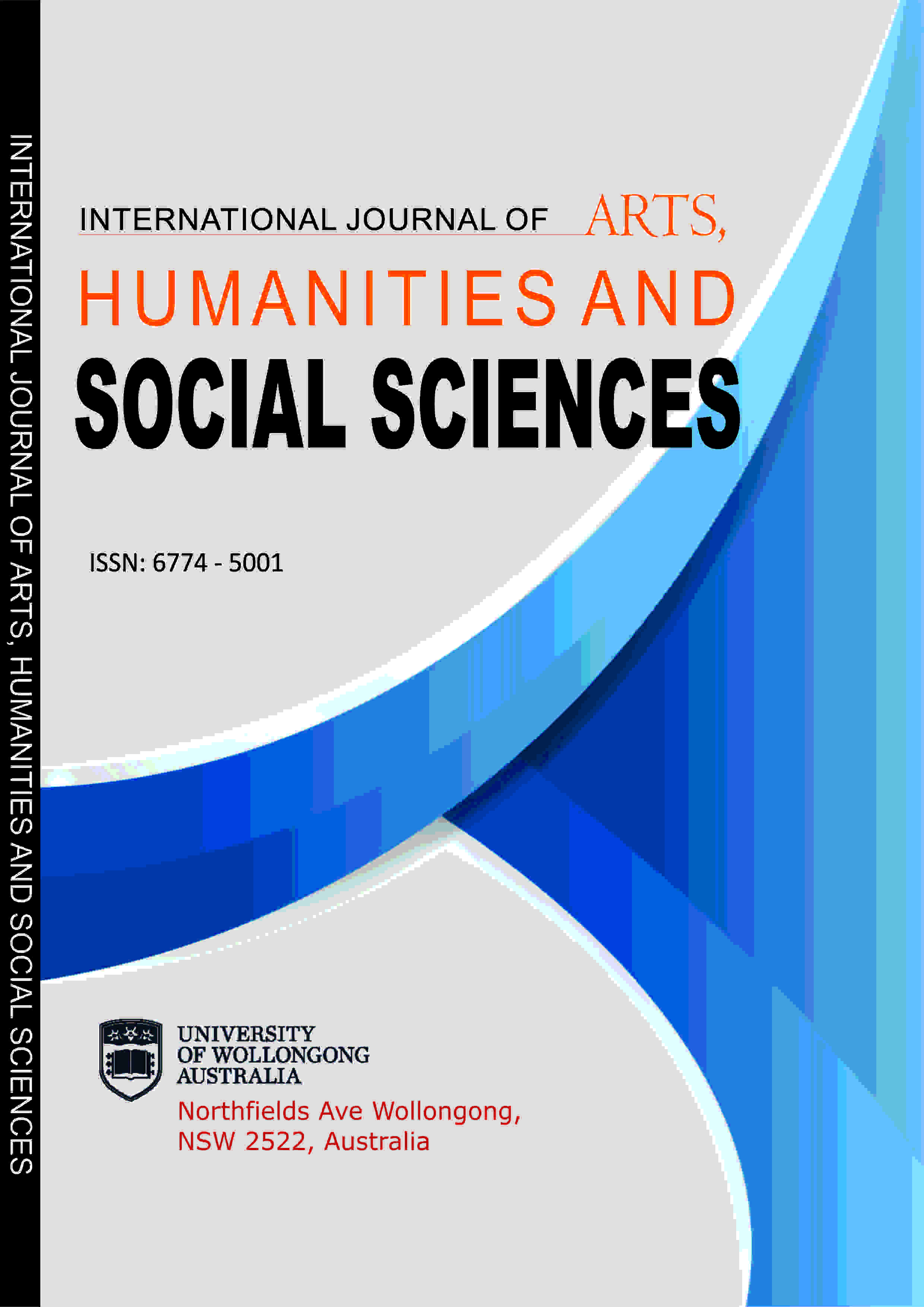INTERNATIONAL JOURNAL OF ARTS, HUMANITIES AND SOCIAL SCIENCES (IJAHSS)
MULTIMODALITY, SEMIOTICS AND VISUAL LITERACY IN THE ART STUDIO OF PRIMARY SCHOOL
E-ISSN: 2579-048X
P-ISSN: 6774-5001
DOI: https://iigdpublishers.com/journals/201
The modern school proposes an interactive relationship between the learner and the curriculum content in a two-way and dynamic communication aimed at holistic learning. In this study we will examine how visual literacy and multimodal storytelling as languages of communication contribute to creative expression and learning. The different cognitive domains of primary school are connected through multimodal storytelling, revealing to young children that learning is a reflection of reality, which is unified and inseparable.
Katerina Kokkinaki
Cadwell, Louise Boyd. (1997). Bringing Reggio Emilia Home: An Innovative Approach to Early Childhood Education, New York, Teachers College Press.
Edwards, C.P., Gandini, L. & Forman, G. (1998). The hundrendlaguages of children The Reggio Emilia Approach - Advanced Reflections, London, Ablex publishing.
Gandini, L.,Cadwell, L.,Hill, L. (2015). In the Spirit of the Studio: Learning from the Atelier of Reggio Emilia, Columbia University, Teachers College Press.
Gardner, H. (1980). Artful Scribbles, London, Jill Norman.
Graikos, N. (2011). Approaches to multimodal narratives in school: Theoretical, pedagogical and teaching framework, in Narrative and literacy in education, ed. Tsimimeni, T., Smyrneos, A., Graikos, N., Laboratory of Language and Culture, University of Thessaly, Department of Literature & Panhellenic Society of Friends of Narrative, Volos, pp.94 -120.
